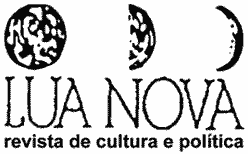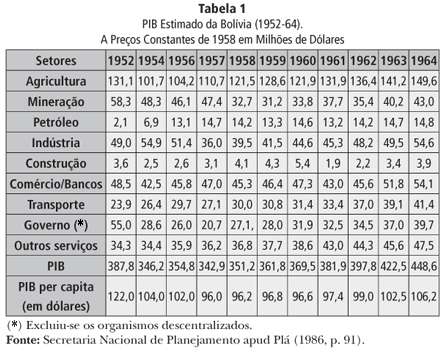The presidency of Evo Morales, indigenous leader and who heads the party Movement Towards Socialism (MAS), opens a series of transformations in several dimensions. The changes in socio-economic and political power express the critic of long-term coloniality relations between a dominant white elite and an indigenous subordinate majority that deepens after national independence. Following this perspective, present in sectors of support to the government, the strategy of the MAS cannot follow the tradition of social revolutions that operated structural breaks in the mode of production and the state organization, but points to a new decolonizing revolution, cultural and political, articulating an indigenism of broad nature, flexible and open to popular social movements. This view is facing critics in sectors of the left that identify the renewal of capitalist modernization process initiated in 1952 under the leadership of the Nationalist Revolutionary Movement (MNR), extending citizenship and democratizing access to the state for recognition of Indians as such. From this perspective, the transformations proposed by MAS tend to favor a system restoration by diversifying its economic and social base. From the contrast provided by these two lines of interpretation, we intend to analyze the structural possibilities of the strategy of the government of Evo Morales, taking as historical reference the transformations wrought by the nationalist revolution of 1952 and the neoliberal reforms initiated in 1980.
Evo Morales; coloniality; nationalism; socialism


